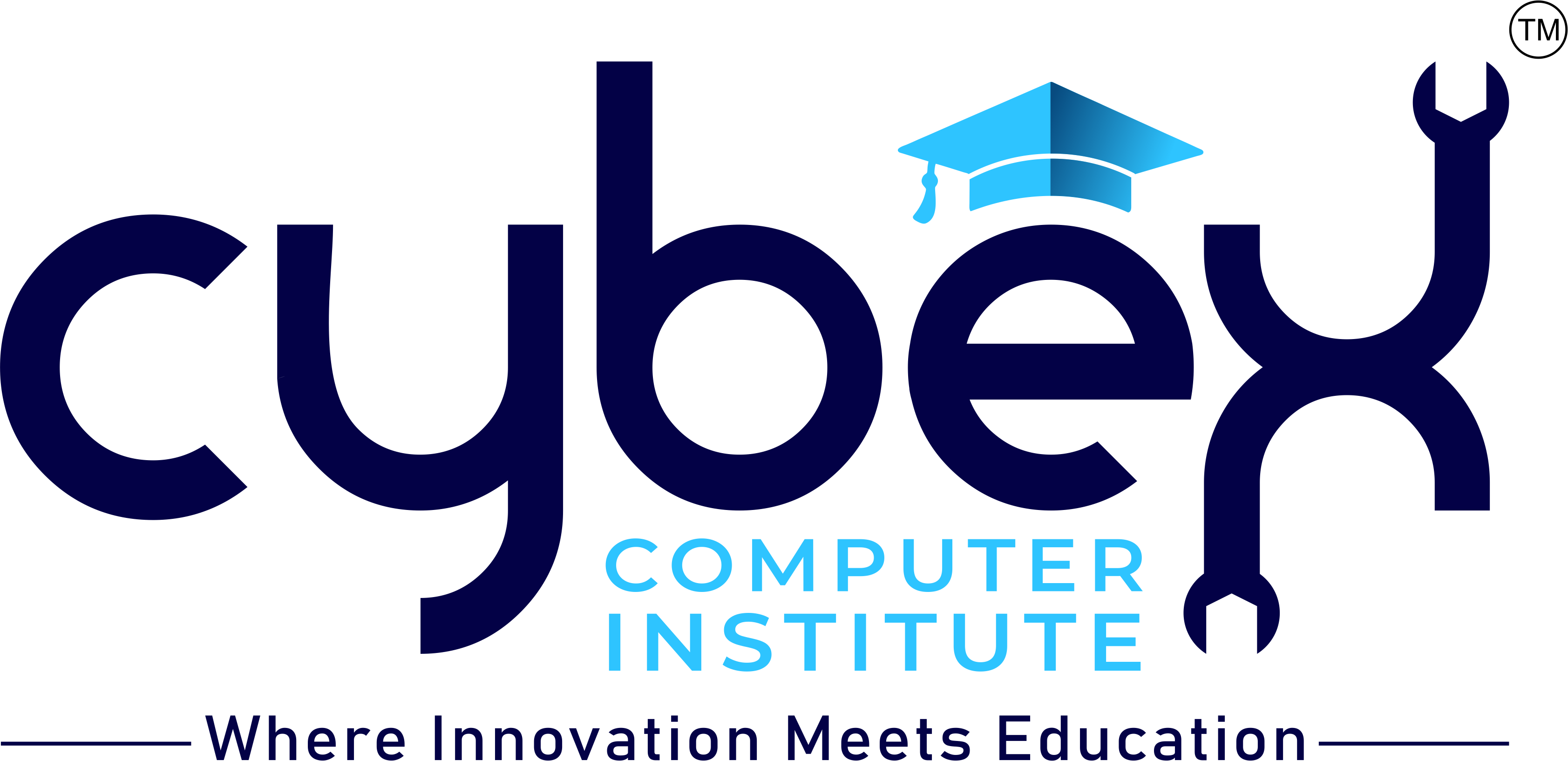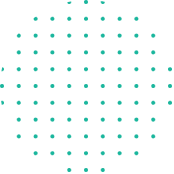Course Description:
This course offers a thorough and practical introduction to PHP, a widely used server-side scripting language essential for creating dynamic and interactive websites and database-driven web applications. Designed to equip individuals with the necessary knowledge and skills, this comprehensive program prepares participants for careers in web development and related fields by focusing on both foundational and advanced aspects of PHP.
Course Outline:
- Introduction to PHP:
- Overview of PHP: its history, evolution, and role in web development.
- Understanding the PHP runtime environment and setting up a development environment with a local server (e.g., XAMPP, MAMP).
- Basic Syntax and Structure:
- Learning PHP syntax: variables, data types, operators, and expressions.
- Understanding the structure of a PHP script and embedding PHP in HTML.
- Control Flow and Functions:
- Exploring control flow structures: conditionals (if, else, switch) and loops (for, while, do-while).
- Defining and using functions: function declaration, invocation, and scope.
- Implementing reusable code with functions and understanding function parameters and return values.
- Form Handling and User Input:
- Techniques for handling form data submitted via GET and POST methods.
- Validating and sanitizing user input to ensure security and data integrity.
- Working with Databases:
- Introduction to relational databases and SQL: understanding database concepts, tables, and queries.
- Connecting PHP to MySQL using PDO (PHP Data Objects) or MySQLi.
- Performing CRUD operations (Create, Read, Update, Delete) on a MySQL database from PHP.
- Session Management and Cookies:
- Managing user sessions with PHP: starting sessions, storing session data, and handling user authentication.
- Working with cookies to store and retrieve user-specific information.
- File Handling:
- Techniques for file input and output: reading from and writing to files using PHP.
- Handling file uploads and managing file operations such as creation, deletion, and modification.
- Error Handling and Debugging:
- Implementing error handling in PHP: using error reporting, handling exceptions, and debugging techniques.
- Understanding common PHP errors and best practices for troubleshooting and debugging.
- Object-Oriented PHP:
- Introduction to object-oriented programming (OOP) in PHP: classes, objects, and inheritance.
- Implementing OOP principles to design and organize PHP applications efficiently.
- Security Best Practices:
- Understanding common security vulnerabilities in web applications (e.g., SQL injection, XSS) and how to mitigate them.
- Implementing best practices for securing PHP applications and user data.
- Integration with Front-End Technologies:
- Exploring how PHP interacts with HTML, CSS, and JavaScript to create dynamic web pages.
- Understanding AJAX for asynchronous data loading and enhancing user experience.
- Frameworks and Tools:
- Introduction to popular PHP frameworks (e.g., Laravel, Symfony) and their benefits for rapid application development.
- Overview of tools and libraries that complement PHP development.
Learning Outcomes:
By the end of this course, participants will have acquired a solid foundation in PHP programming, enabling them to build dynamic, interactive websites and database-driven applications. They will be proficient in handling user input, managing sessions, connecting to databases, and implementing security measures. This comprehensive skill set will prepare them for careers in web development, where they can develop robust and secure web solutions.
Target Audience:
This course is ideal for beginners who are new to web development as well as those looking to enhance their skills in PHP. It is suitable for individuals aiming to pursue careers in web development, software engineering, or those seeking to build their own web-based projects.
Whether you are starting your journey in web development or looking to deepen your understanding of PHP, this course will provide you with the essential tools and knowledge to excel in the field.




